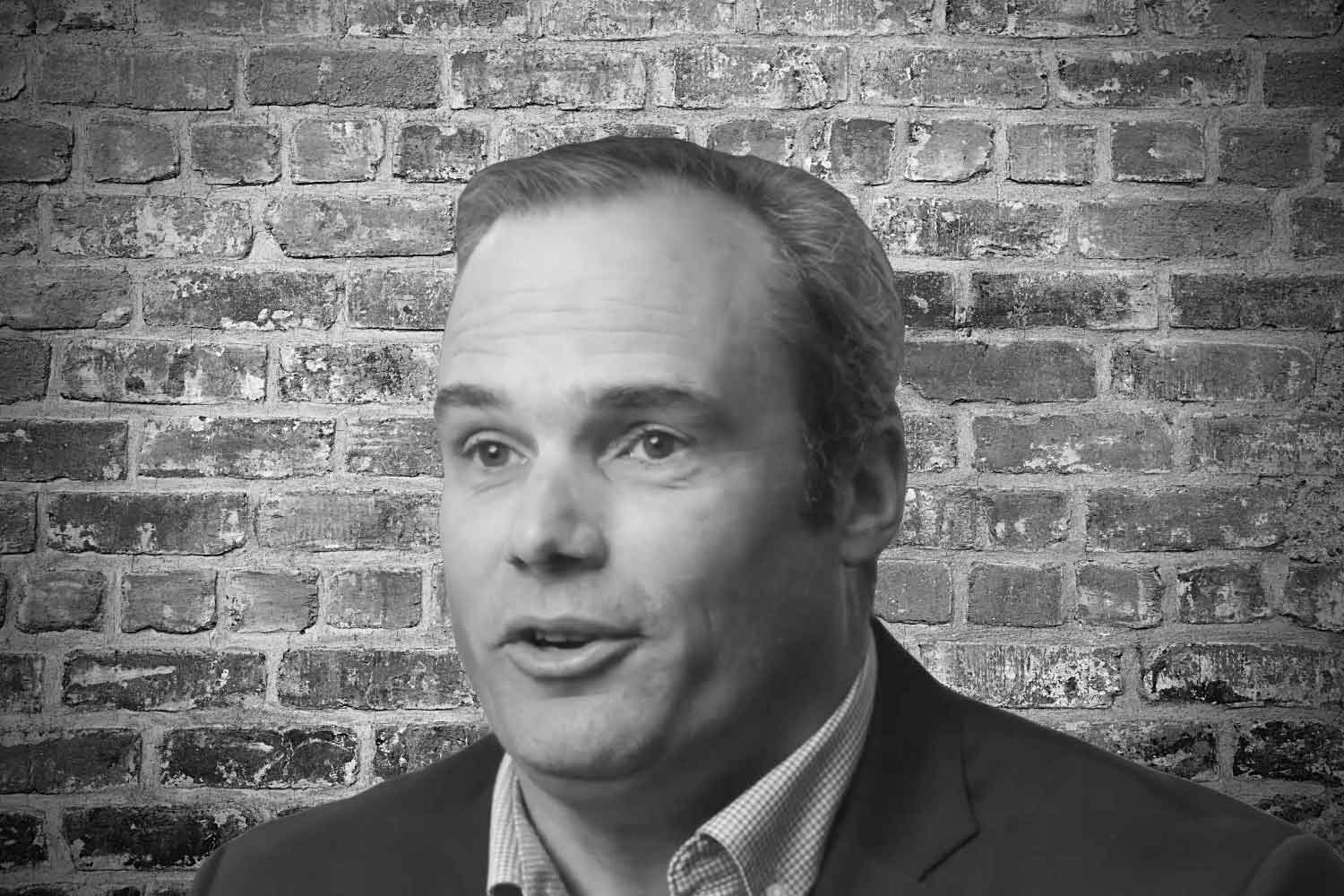
01 Aug Conceal’s CEO Doubles-Down On Zero Trust Security
High-flying company sees 300 percent growth this year; Opens new offices in Augusta, Ga. and Cork, Ireland
Melbourne, Australia – Aug. 1, 2022
You can judge someone, the saying goes, by the company they keep — and if that’s true, Gordon Lawson is confident that his cybersecurity company will rate at the highest level.
With advisors that include retired National Security Agency (NSA) Admiral Michael Rogers and former Acting Secretary of Defense Christopher Miller, and a board of directors featuring Dave DeWalt, the former CEO at both FireEye and McAfee, Lawson’s cybersecurity firm Conceal — whose zero-trust solutions protect users with a layer of abstraction that isolates their data and online usage from malicious actors — has built its business based on its strong pedigree supporting high-sensitivity government customers.
Veterans of those organizations, and others like them, are thick on the ground within Conceal, which has tapped its expertise in sensitive cybersecurity work to build a team that has enjoyed strong success with government and enterprise customers.
“We have some amazing folks around the table,” Lawson told Cybercrime Magazine, “and we continue to build an amazing sales, marketing, and engineering team — and all the other functions. That team will only continue to grow as the company grows.”
Conceal (formerly known as NetAbstraction) has seen bookings grow by 300 percent this year and recently opened offices in Augusta, Ga. and Cork, Ireland, as it expands into the EMEA market on the back of exploding demand for ransomware and malware protection tools.
The high-flying company has doubled down on the zero-trust concept with what Lawson calls “a malware protection platform that works at the edge of the network.”
“Operating in those environments against not only nation states, but cybercriminals, has given Conceal a tremendous amount of threat intelligence to be able to design and deploy our platform,” he explained.
“It really allows us to take capabilities that were solely designed for an analyst or an incident responder, and to be able to push those out to every employee in an enterprise.”
That includes concealment technologies, network obfuscation and managed attribution tools that allow security teams to control the way their data and systems are presented to the Internet — or hide them completely.
“The company’s government clients have been able to obfuscate their networks so that they can conduct their operations in a very private and non-attributable way,” Lawson explained.
“We’ve helped security operations teams to basically look like someone else so they can do very sensitive research against adversaries.”
Enterprise-grade tools built for nation-state threats
Within a few short years, zero-trust architectures have redefined the way security is architected inside increasingly security-conscious networked operating environments, where the many risks of compromise have made it essential for businesses to buffer critical data and resources against threats both internal and external.
Providing that security has rapidly driven Conceal straight to the company boardroom, where expanding executive awareness of major threats like ransomware has opened up zero-trust architectures to new audiences.
“The thing that I think about as I interact with folks in the industry is that they’re under continuous threat,” Lawson said. “Cybersecurity has certainly become a boardroom discussion, and CEOs rely on those CISOs that they employ to make sure they’re making the best decisions.”
As those executives look to balance their ballooning cybersecurity spend with the challenges of an increasingly turbulent global economy, many are drawing back from giving CISOs blank checks — instead pushing them to focus their cybersecurity investments where they can make the most difference.
“When you’re at the CISO level,” Lawson said, “the challenge is how do you deploy a limited budget and make sure you have solutions that integrate with your other solutions, and provide the best level of protection at the most effective cost?”
By leveraging Conceal’s integration-based architecture — making the platform a complement to other security platforms rather than a full replacement — “we can really make the economics of deploying the Conceal solution at an enterprise level very, very cost-effective,” he continued.
“Great technology at a great price is always a winning combination. It’s something that we’re super focused on, because we just want to deliver tremendous value to our clients.”
– David Braue is an award-winning technology writer based in Melbourne, Australia.
Go here to read all of David’s Cybercrime Magazine articles.

Conceal provides a capability that protects people and critical assets against the most advanced threat actors in the world. We are fundamentally changing the approach to cybersecurity by creating a platform where security practitioners can see the latest threat vectors and implement enterprise-wide solutions that comprehensively protect their organization.
With our Conceal platform, we take those core capabilities and evolve them into a commercially available product that incorporates intelligence-grade, Zero Trust technology to protect global companies — of all sizes — from malware and ransomware.
Conceal is leading the fight to protect enterprises from cyber threats — if there is malware, we detect, defend and isolate it from users and the network.



 –
– 